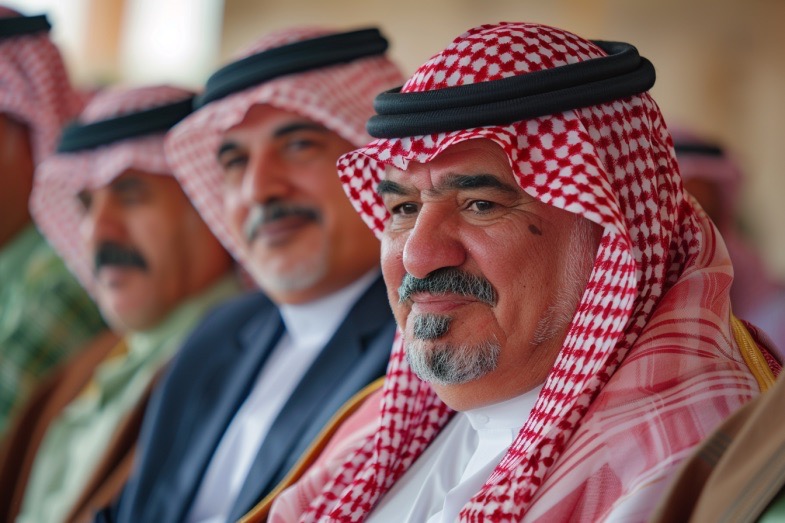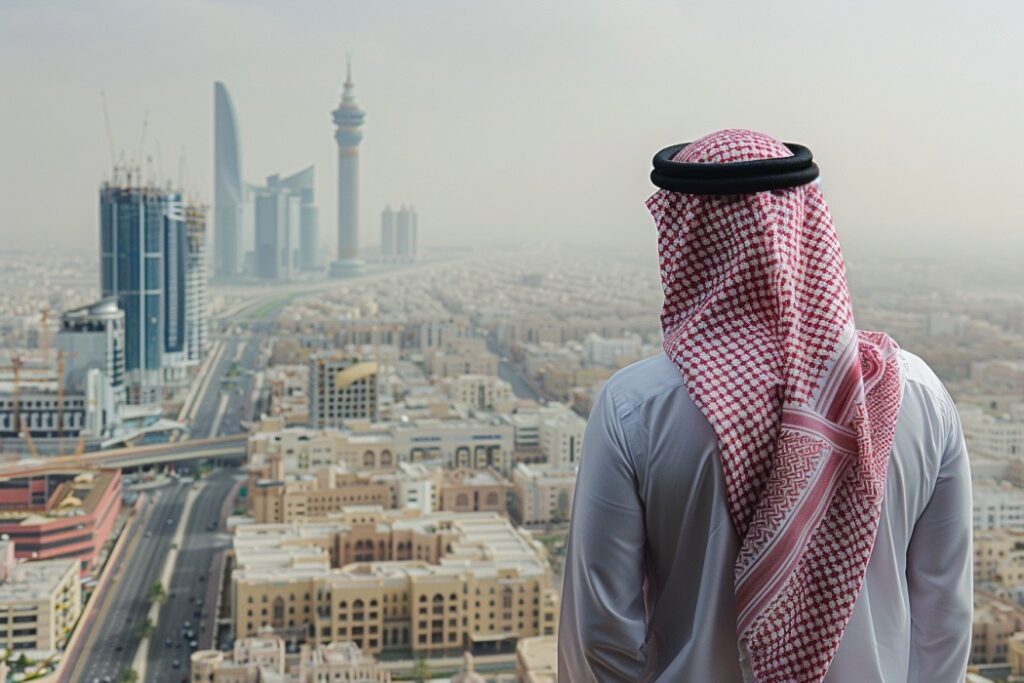Thaksin Shinawatra Indicted on Lese Majeste Charges
In a dramatic turn of events, Thailand’s former Prime Minister Thaksin Shinawatra has been indicted on lese majeste charges, marking the latest chapter in the country’s long-standing political saga.
The case, brought forward by the police, alleges that Thaksin violated Thailand’s strict royal insult law during an interview he conducted in 2015 with the South Korean newspaper Chosun Ilbo.
Spokesperson Prayuth Bejraguna announced on Wednesday that the attorney general has decided to press charges against Thaksin. The former Prime Minister is set to appear before the Office of the Attorney General on June 18, although his attendance at the hearing was hindered by a Covid-19 infection.
Despite denying the charges, Thaksin has reaffirmed his loyalty to the monarchy. He made a high-profile return to Thailand last August after 15 years in self-imposed exile, only to be promptly detained.
Speculation abounds that Thaksin may have struck a deal with Thailand’s conservative and royalist factions for his return, given his previous convictions and the new charges against him. However, Thaksin has refuted these claims.
Having previously served as prime minister from 2001 until his ousting in a military coup in 2006, Thaksin was later sentenced to prison for various offenses. Despite his release earlier this year, the legal landscape remains perilous due to Thailand’s severe royal defamation laws.
Thailand’s lese majeste law carries harsh penalties, with individuals facing lengthy prison sentences for any perceived insults towards the royal family. Recent events, including the death of a young activist in pre-trial detention, have sparked calls for justice reform.
Thaksin’s political dynasty, which has dominated Thai politics for decades, continues to wield influence through the Pheu Thai party. The party, now part of a ruling coalition, is led by Thaksin’s daughter Paetongtarn.
Thaksin’s resurgence in Thailand has reignited political tensions in a country grappling with democratic reforms and social unrest. Despite his controversial past, he remains a polarizing figure with a dedicated support base.
The ongoing struggle for freedom of expression in Thailand has intensified following widespread protests in 2020, where young activists openly challenged the monarchy. Surveillance and legal persecution against dissenters persist, highlighting the precarious state of civil liberties in the country.
Efforts to reform the lese majeste laws gained momentum ahead of the recent general election, but faced staunch opposition from traditionalists. The unresolved tension between democratic aspirations and authoritarian control continues to define Thailand’s political landscape.
The future remains uncertain as Thaksin and his supporters navigate a complex web of legal challenges and political intrigue, underscoring the enduring struggle for democracy and human rights in Thailand.



